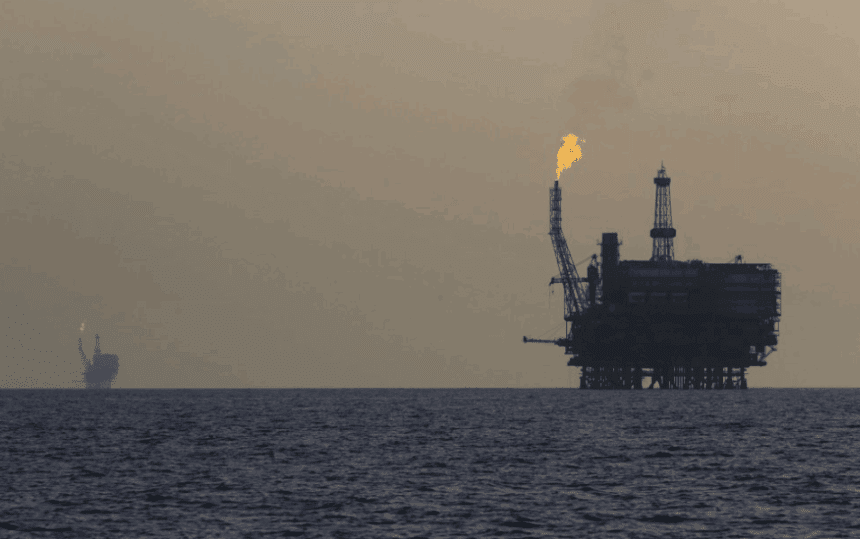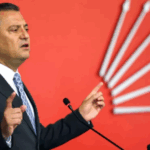Turkey’s state-owned Turkish Petroleum Corporation (TPAO) and Libya’s National Oil Corporation (NOC) signed a memorandum of understanding on Wednesday to conduct joint energy exploration in Libyan offshore waters. The agreement was signed in Istanbul by TPAO General Manager Ahmet Türkoğlu and NOC Chairman Masoud Suleman.
Under the deal, the two companies will carry out geological and geophysical studies at four offshore sites and conduct a two-dimensional seismic survey covering 10,000 kilometers. According to NOC, the data from the survey is expected to be processed within nine months. Further details about the specific locations or timeline for drilling activities have not been disclosed.
The agreement comes amid ongoing diplomatic tensions in the Eastern Mediterranean. On Thursday, Greek Prime Minister Kyriakos Mitsotakis addressed the matter at the European Council summit in Brussels, voicing Greece’s concerns over the Turkey-Libya maritime agreements and regional migration flows.
Mitsotakis emphasized what he described as increased migrant smuggling activity from Libya’s shores and announced the deployment of Greek naval vessels just outside Libya’s territorial waters to intercept smuggling boats. He also called for EU support in addressing both the migration issue and the maritime agreement between Turkey and Libya, which Athens considers incompatible with international maritime law.
A draft of the European Council’s conclusions includes criticism of the Turkey-Libya maritime delimitation deal, stating that it violates the sovereign rights of third states, is inconsistent with the United Nations Convention on the Law of the Sea (UNCLOS), and cannot produce legal effects for other countries.
The European Council also reiterated its support for Libya’s stability and the efforts of the United Nations Support Mission in Libya (UNSMIL), encouraging inclusive dialogue and a political process led by Libyans.
In addition to regional matters, Prime Minister Mitsotakis addressed the humanitarian situation in Gaza, expressing support for an immediate ceasefire and the release of hostages.
The developments reflect ongoing complexities in Eastern Mediterranean geopolitics, where energy cooperation, migration management, and international maritime law continue to intersect.



